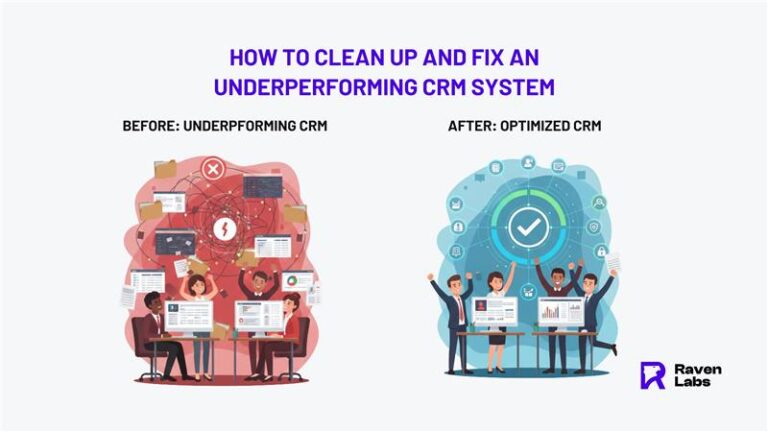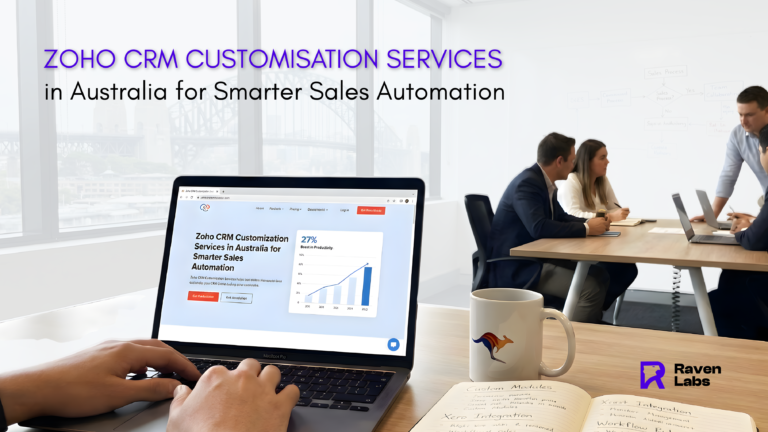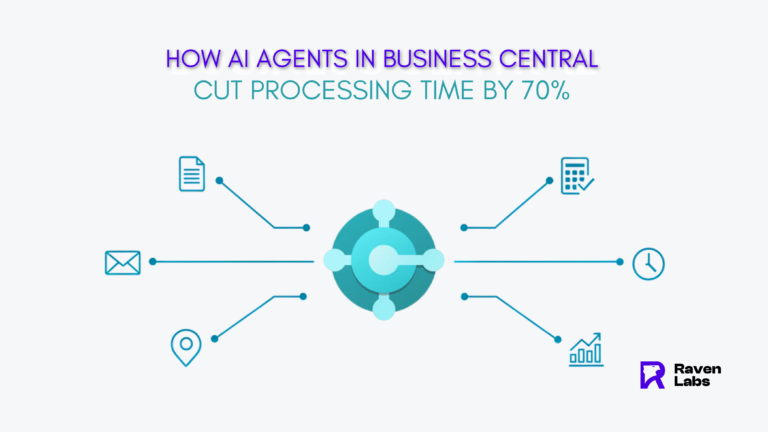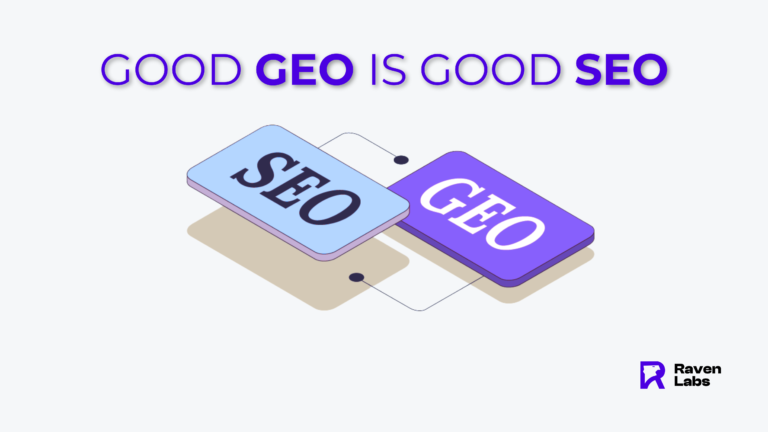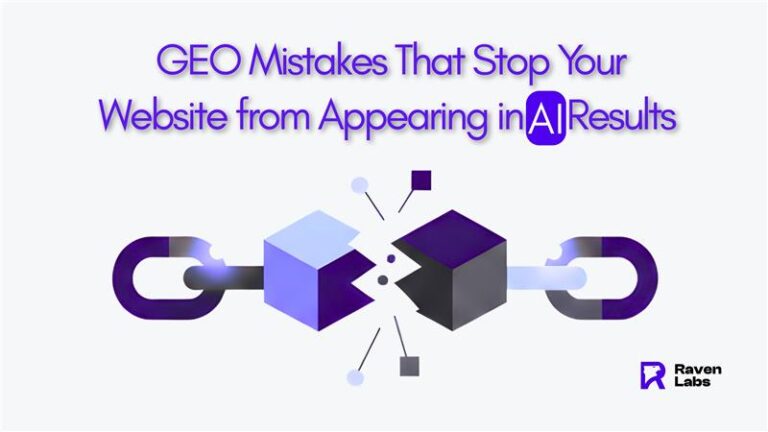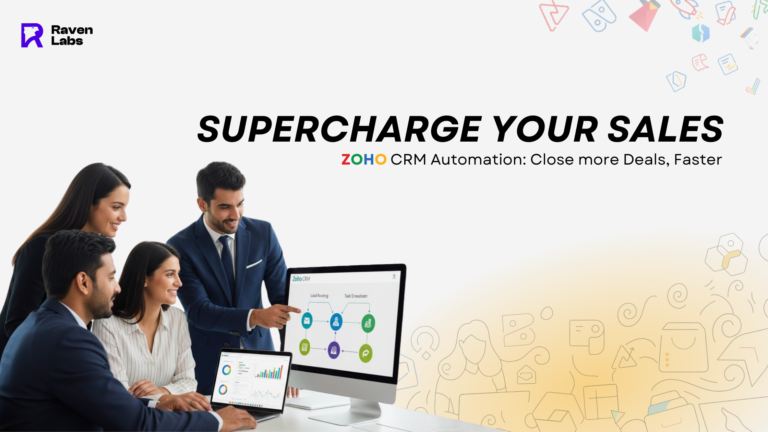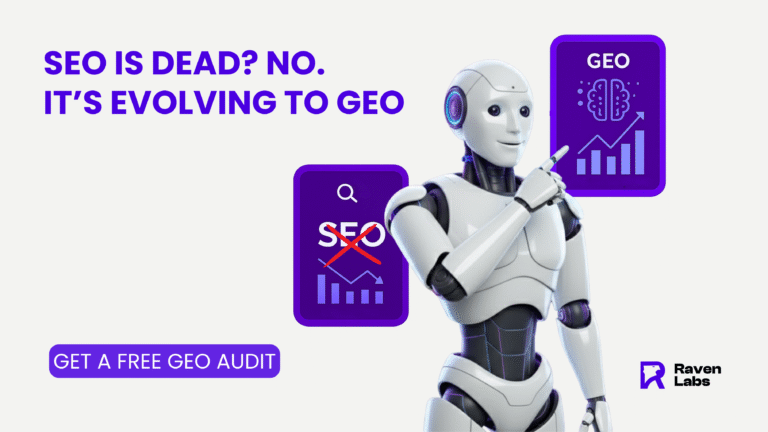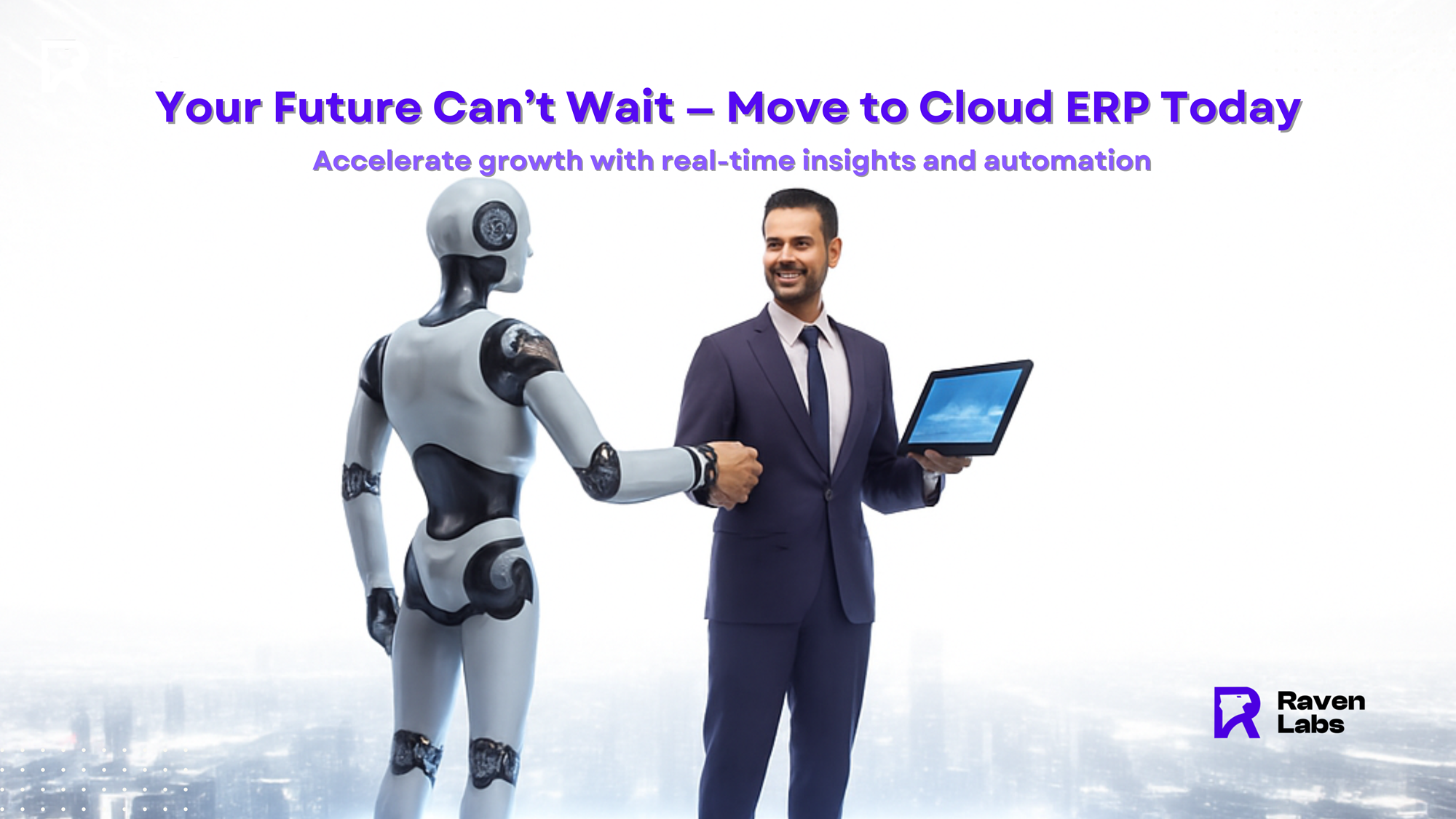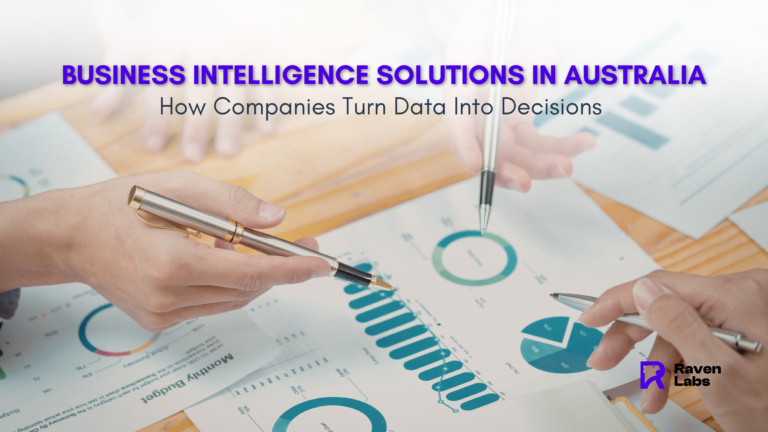
How Data-Driven Marketing Boosts ROI in 2026
Digital marketing based on evidence-based insights revolutionizes business outcomes today. Global advertising and marketing spend will reach $1.87 trillion in 2026. Companies that implement data-driven strategies achieve five to eight times more ROI compared to those using gut instinct alone. These returns look impressive, yet 87% of marketers acknowledge that data remains their company’s most underutilized asset.
Our experience shows that evidence-based digital marketing strategies create substantial competitive advantages. The path to implementation presents challenges, as 73% of marketers find marketing automation difficult to implement. Success in data-driven digital marketing decisions demands both technical expertise and strategic vision. Marketing automation ROI can be substantial when executed properly. It removes the heavy lifting while delivering higher engagement, better efficiency, and stronger customer relationships. This explains why 64% of marketing executives strongly agree that data-driven approaches are vital in today’s digital world.
Let’s explore ways to overcome these challenges and make use of information to optimize your marketing performance in 2026 and beyond.
Why Data-Driven Marketing Is Essential in 2026
The business landscape in 2026 just needs a complete reimagining of customer connections. Data-driven marketing has evolved from a competitive edge to a simple necessity for survival. Let me explain why.
The move from intuition to insight
Intuition alone is not enough anymore in today’s fast-moving marketplace. Marketing leaders still base important decisions on gut feeling 61% of the time because they lack timely or relevant data. This happens even though they spend substantial budgets on business intelligence.
Leading organizations must rebuild their insight function completely—not just retool it. The current approach fails to match the speed, emotional complexity, and strategic needs of today’s marketplace. Data-driven approaches should evolve into active emotional intelligence engines that guide brands with speed, empathy, and precision.
The role of first-party data in a privacy-first world
Privacy has grown from a regulatory requirement into a strategic marketing pillar by 2026. First-party data—information collected directly from your audience through owned channels—forms the foundations of smarter strategy and stronger targeting.
Third-party cookies continue to decline and privacy regulations like GDPR and CCPA grow stricter, making first-party data essential. Brands without strong first-party data foundations will fall behind. Companies that make this data usable through clean CRMs, unified customer profiles, and immediate segmentation will emerge as winners.
How consumer expectations are evolving
Customer expectations have moved way beyond simple quality service and fair pricing. The experience companies provide matters as much as their products and services to 80% of customers. Better personalization has become an expectation for 73% of customers as technology advances.
Personal data protection matters more to 79% of customers now. Trust levels vary by sector—finance leads at 57%, while social media (28%) and hospitality (22%) remain nowhere near that level.
Customers welcome personalization but expect fairness, clarity, and meaningful choices. Trust grows through transparency—71% of customers share personal data more readily when companies explain its use clearly.
How Data-Driven Marketing Boosts ROI
Marketing investment measurement remains a top challenge for businesses today. Evidence-based digital marketing provides tangible returns that justify every dollar spent. Research shows companies using evidence-based strategies achieve up to a 5:1 return on investment.
Improved targeting and segmentation
Businesses can develop a complete picture of their audiences beyond simple demographics through detailed customer data analysis. This deeper understanding helps create precise audience segments based on specific criteria that address unique customer needs. Marketing teams report 62% higher clarity about their target audience through evidence-based approaches, which leads to better participation rates and more conversions.
Smarter budget allocation
Evidence-based decisions eliminate guesswork from budget planning. Marketing teams can achieve better results through:
- Identifying underperforming channels and redirecting resources to high-performing ones
- Tracking revenue by channel to optimize future investments
- Setting automated alerts that flag areas needing budget adjustments
This precise approach helps 72% of marketers achieve better marketing efficiency. Up-to-the-minute data analysis helps businesses reduce wasted spend and adjust budgets as campaigns progress.
Faster decision-making with current data
Marketing teams can make immediate adjustments instead of waiting days or weeks to analyze campaign performance. This quick response helps teams spot ineffective initiatives and pause them before wasting more resources. Teams can boost conversion rates through continuous A/B testing that provides instant learning opportunities. Marketing teams can now respond quickly to market changes and customer behavior.
Higher retention through personalization
Data analytics-powered personalization boosts customer loyalty substantially. Nearly half of surveyed marketers see increased customer retention with evidence-based approaches. Individual-specific marketing strikes a chord with customers and promotes stronger relationships that increase satisfaction. Companies that utilize predictive analytics to learn about customer priorities see 10-15% higher revenue on average.
Tap into the potential of marketing that delivers measurable growth. Work with Raven Labs to design and execute campaigns powered by data, insights, and automation.
Implementing a Data-Driven Strategy Step-by-Step
Marketing success depends on turning theories into real-world results through systematic data-driven implementation. Smart marketers build their strategies one step at a time. Each component must support their business goals.
1. Define clear business goals
Your data strategy starts with well-defined objectives. SMART goals that are Specific, Measurable, Actionable, Relevant, and Time-bound form the foundation. These objectives should support your data-driven marketing ecosystem. A good example would be “Increase traffic to website by 3x in Q3 2025” instead of just “grow website traffic.” This clarity helps teams understand their targets and measure success effectively.
2. Identify and unify data sources
Scattered data can get pricey—companies lose up to 30% of annual revenue because of siloed or incorrect data. A detailed data audit reveals what information you have and its location. The next step involves setting up a unified customer data platform that combines information from multiple sources into a single source of truth. Teams can access, analyze, and share data more easily with this centralized approach.
3. Segment your audience effectively
Your personalized campaigns need proper audience segmentation based on meaningful criteria. Good segments should be targeted enough to market effectively yet big enough to generate profit. Demographics, behaviors, psychographics, and engagement levels help create segments that show real customer differences. Customer data clustering analysis helps identify groups with similar motivations and address their specific needs.
4. Personalize content and experiences
Modern marketing demands personalization—companies that do it well are 48% more likely to exceed revenue goals. Your segmentation insights will help deliver tailored experiences across various touchpoints. These might include customized website content, product recommendations, or email campaigns that reflect individual behaviors and priorities. The focus should be on value exchanges where customer loyalty leads to relevant experiences.
5. Automate and optimize campaigns
Marketing automation helps execute your personalized campaigns quickly. Choose adaptable solutions that blend with your current systems and match your specific needs. Regular monitoring of campaign performance against SMART objectives, combined with A/B testing, helps improve messaging, layouts, and offers. This optimization keeps your strategies current with market changes.
Realize your marketing’s full potential for measurable growth. Raven Labs can help design and execute campaigns that make use of information, insights, and automation.
Overcoming Common Challenges in 2026
Marketing strategies based on data face challenges that can reduce how well they work, no matter how advanced they are. Understanding these challenges helps build effective programs that consistently deliver results.
Data silos and integration issues
Isolated data remains an ongoing problem. Companies struggle to get a complete picture of their customers when information stays scattered. Information gets scattered because of company culture, technology limits, and how departments are structured. Companies that arrange their sales and marketing well see 24% faster three-year revenue growth. Systems that don’t connect properly hurt performance and create inconsistent customer experiences.
Maintaining data privacy and compliance
Privacy has become a strategic part of marketing instead of just a regulatory requirement. A concerning fact shows that all but one of these websites in Europe and the U.S. fail to follow basic privacy laws. This creates real risks. Amazon learned this lesson when they paid €888 million in fines for targeting customers without proper consent.
Lack of internal expertise
Marketing teams often struggle because they don’t have enough knowledge about data analytics. Team members can’t modify reports, understand metrics, or learn about meaningful patterns without proper training. One solution is to hire a Head of Measurement who can set metrics, build strong data systems, and share insights with all departments.
Arranging marketing and sales teams
Sales and marketing teams that don’t work together create broken customer experiences and miss opportunities. Teams often struggle with different data sources and can’t show how they affect revenue. Creating operational centers helps ensure both teams can use technology equally. Quick strategy changes become possible when teams share feedback about market changes.
Conclusion
Marketing based on informed data has evolved beyond just being a competitive edge – it’s now crucial for business success as we approach 2026. Companies using data-based strategies see five to eight times more ROI compared to those who rely on instinct alone.
The digital world looks quite different now. First-party data serves as the foundation for marketing strategies that work, particularly as privacy rules get stricter and third-party cookies disappear. Most customers now value their experiences just as much as the products they buy.
Results tell the story clearly. Marketing driven by data leads to better targeting through precise audience segments, smarter spending across channels, quicker decisions, and loyal customers through customized experiences. These benefits show up directly in ROI numbers.
Some hurdles still exist. Customer information remains scattered across data silos. Privacy rules need constant attention. Finding analytics experts is difficult. Sales and marketing teams must work together more closely.
Success in this new landscape needs a systematic plan. Clear business goals come first. Next steps include finding and connecting scattered data, creating effective audience segments, developing meaningful content, and running automated campaigns efficiently.
Though it might look complicated, the payoff makes it worthwhile. Businesses that become skilled at data-driven marketing will better serve their customers, stay ahead of competitors, and grow steadily. Markets keep getting more competitive, and knowing how to make choices based on solid information rather than guesswork will set leaders apart from followers.
The real question isn’t about whether to use data-driven marketing – it’s about how fast you can adapt your organization to succeed in this data-focused future.
Book a free Digital Marketing Consultation Today, see how we can help in transforming your business.
📞 Contact us: +61 432 913 392
📧 Email: info@theravenlabs.com
🌐 Visit: www.theravenlabs.com


